
Isabella Aggrey
The purpose of this dissertation is to illustrate the significance of African feminisms in the socio-economic and political domains of Africa and indicate how African feminisms have and continue to advance the standard of living for African women. The inability of African feminist scholars to present a comprehensible outlook on the affective trajectory of African feminisms on an intrinsic level (i.e. African females) and an extrinsic level (i.e. Africa) is addressed in this dissertation. This is made possible by investigating the ways wherein the improvement of the social development, economic independence and political participation of African women have been vital to and remains as such in the attainment of their authenticity; thus, their voices are being heard through the protection of their human rights. Using secondary data analysis, this research paper analyses measures that aim to protect the human security of African women as well as procedures that enable them to attain their full potential to be self-actualised beings. This dissertation proves that education (either formal or informal) plays an instrumental role in the resurgence of feminist consciousness – and its ability to ensure authentic empowerment of African females in their socio-economic and political lives through African feminisms.

Isabella Aggrey


- Feminism is not merely a social ideological movement but, it is also a political ideological movement and an international relations theory as well.
- The obejective feminism is to introduce and demonstrate the need for equality of the sexes in all areas of a person's life - that is, socially, economically and politically.
- On the other hand, African feminisms involves a collecive African idea, actions and dreams that aim at engaging with, understanding and changing patriarchal power relations and structures that are persistent within the African continent.
- Despite the fact that Western feminism and African feminisms both aim at promoting gender equality, the former is more individualistic while the latter is thrives on collective action of both African males and females for the purpose of its fulfilment.
- The reason for metaphorically associating African females to rocks is because, similar to the inanimate object African females cries' for gender equality can not be hidden; while their strength and determination to promote a gender inclusive African continent can not be moved or broken.



- Build a collective sphere to teach and shape African females into individuals ready to assume leadership roles.
- Create feamle representation and governance through the praxis of African feminisms in order to contest against capitalist and patriarchal power relations.
- A proper understanding of gender should be made in order to encourage both sexes to discuss gender-related issues. This aslo ensures the promotion of numerous pro-feminist African males.
- There must be a comprehensive understanding of the role gender equality and its relationship to African feminisms in Africa.
- It is necessary for feminism in Africa to be contextualised properly. Meaning, a proper understanding of how to blend Western and African perspective of feminism should be made by means of understanding the role of African women in Africa and the world at large.
- Also, governmental officials (national level) and leaders (communal level) must ensure that there is creation of more gender inclusive policies along with its true implementations so as to promote gender and development (sustainable development) across the African continent.
- In Africa, the conecpt of feminism has always been embedded in African females; howevere, due to modernisation and globalisation feminism is changing but there are some unique features of African feminisms that should be duly note and be kept for the sole benefit of African females and the African continent as well.
Recommendations
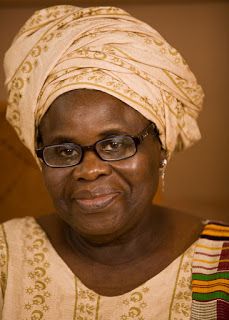
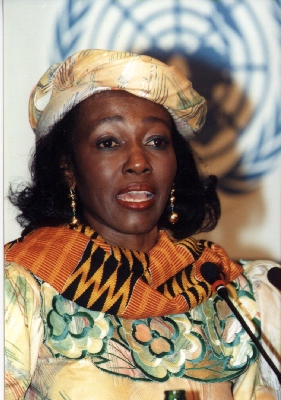
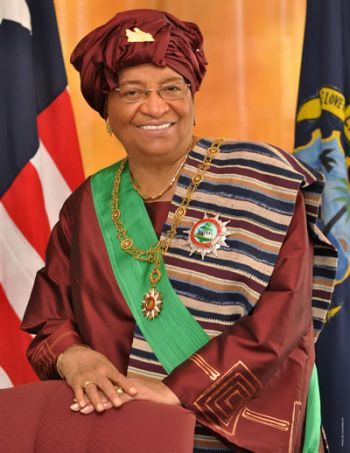


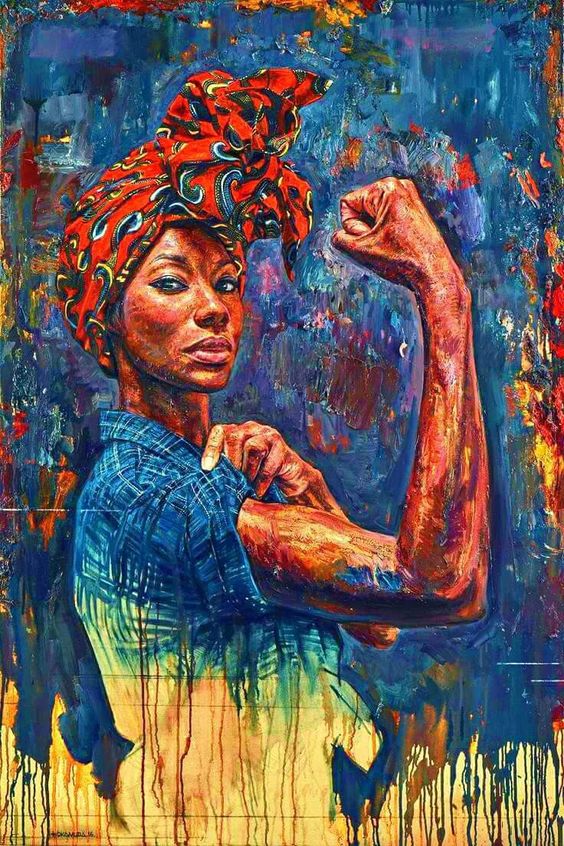





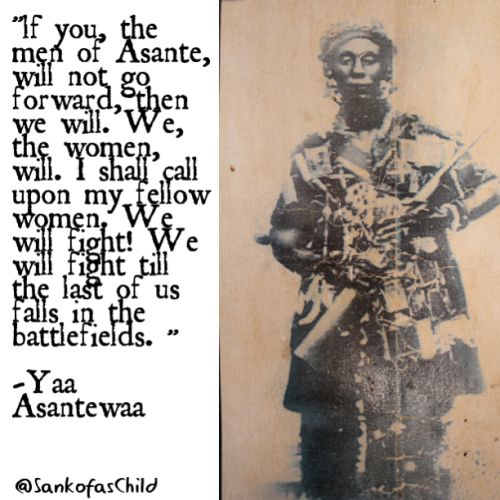
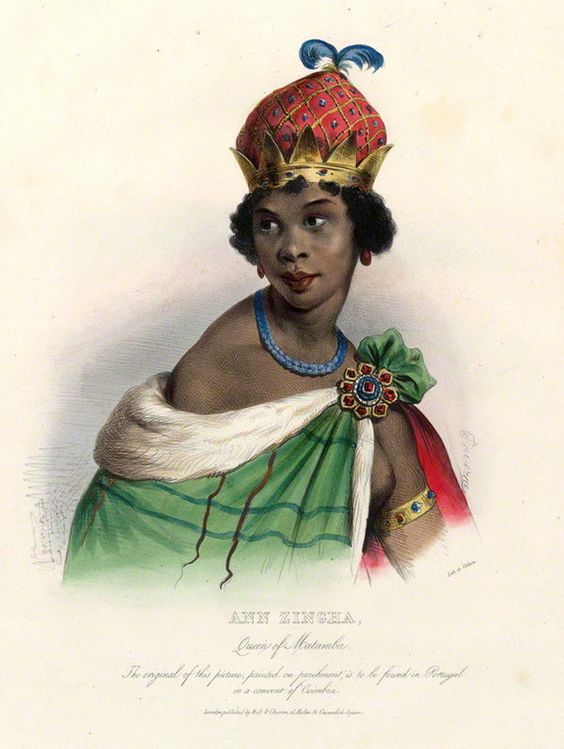
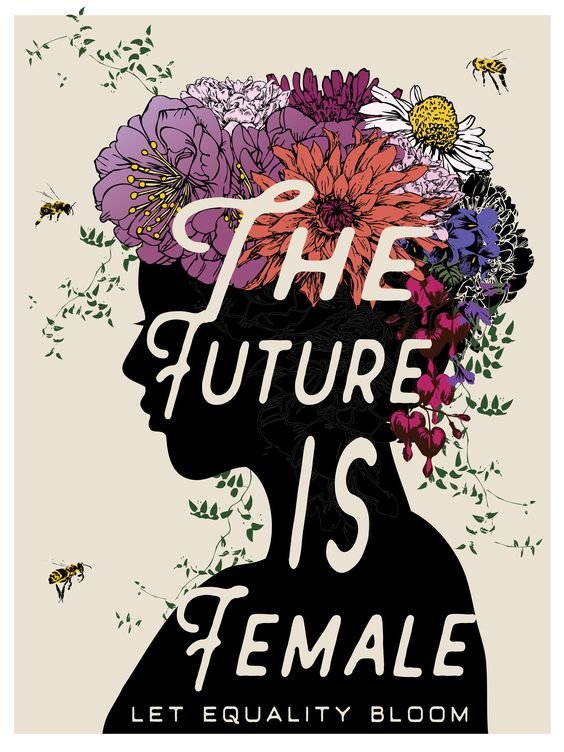
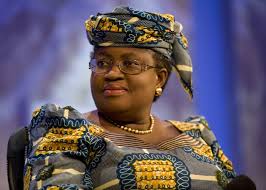

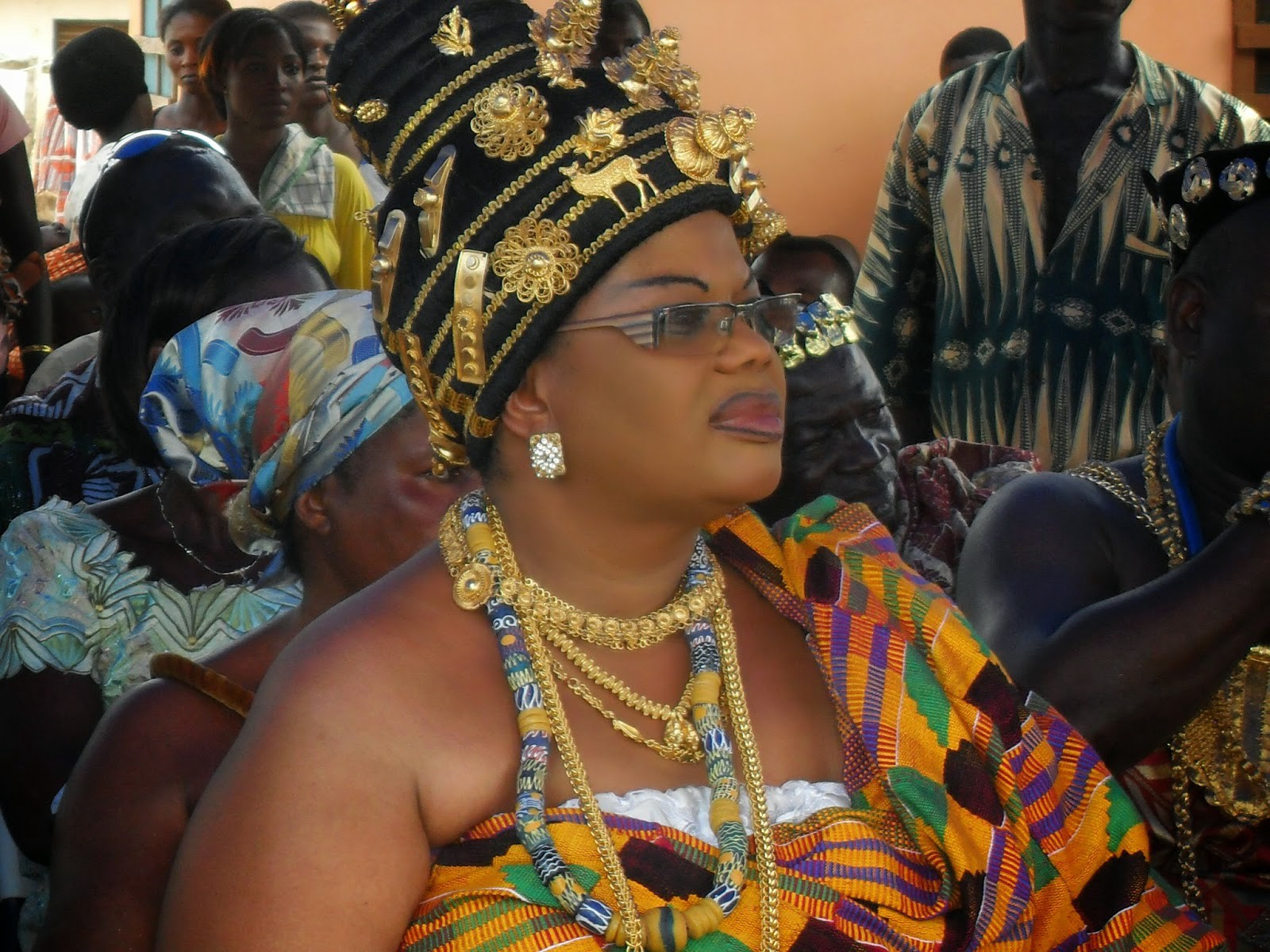
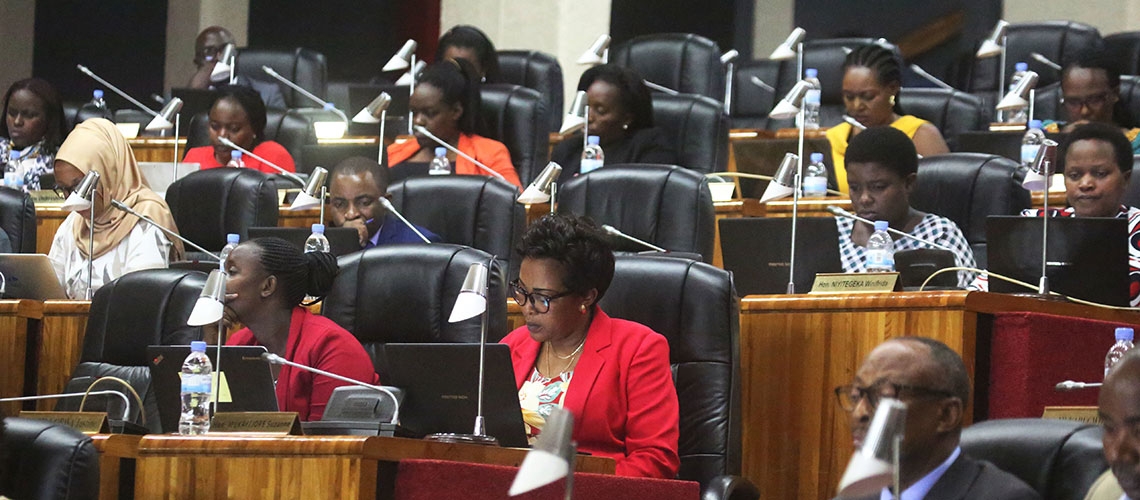
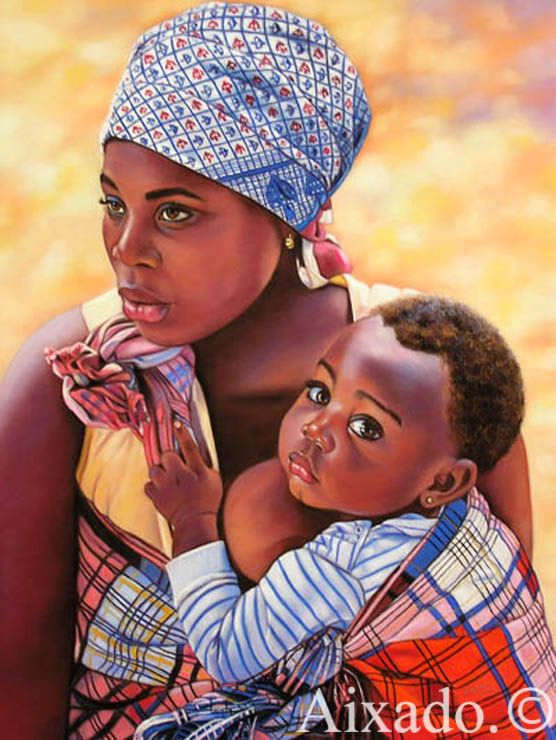


Definition of Feminism and African Feminisms
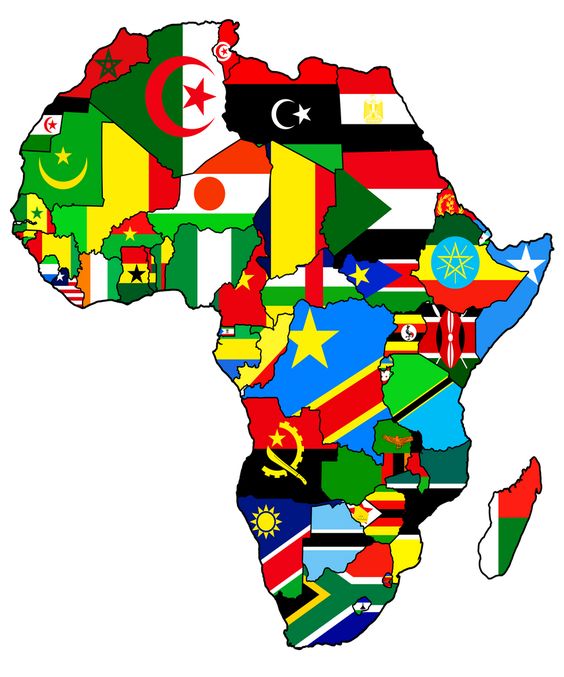
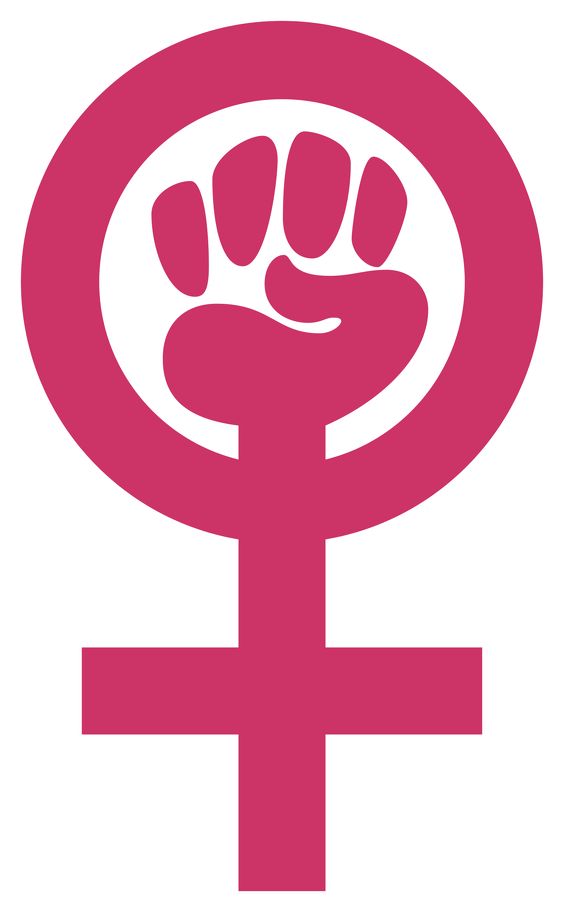



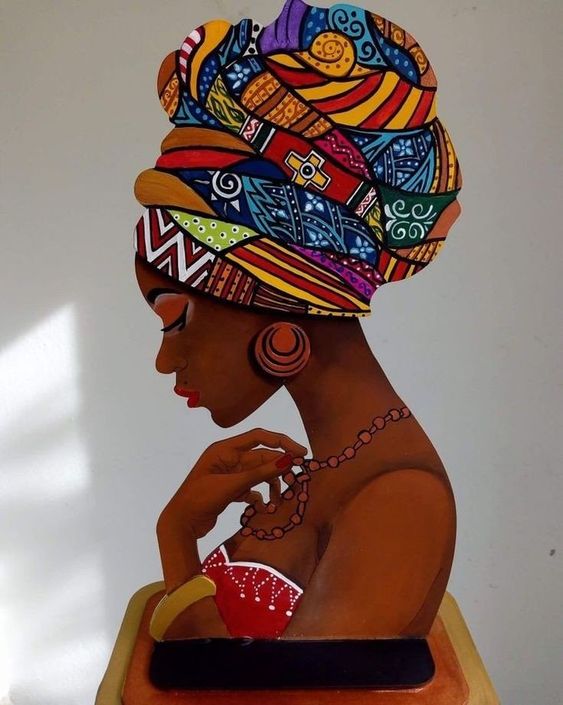
- Definition of Feminism and African Feminisms
- Historical Analysis of Feminism
- Historical Analysis of African Feminisms
- 1995 Beijing Conference and African Feminisms
- Socio-economic Aspects of African Feminisms
- Political Aspects of African Feminisms
- Critiques of African Feminisms
- Recommendations































































































































































































































































































































































































































































































































































































































































































































































































































































































































































































































































































































